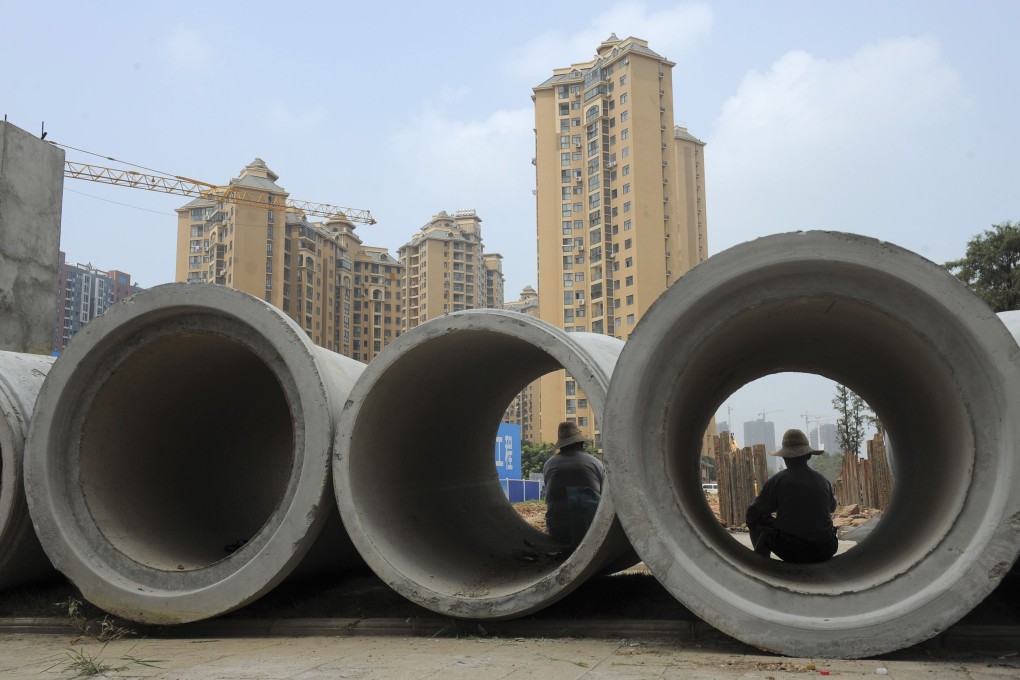Chinese Premier Li Keqiang says urban pipeline upgrade will boost economy
New, carefully planned network in major mainland cities will boost and sustain economy in the long run, leader tells work conference

Premier Li Keqiang threw his weight behind a plan to build a network of underground pipelines across mainland cities as part of the wider urbanisation drive.
In a work conference last week, Li - the first mainland premier to hold a doctorate (in economics) - underscored the importance of the project as a new engine of growth for the domestic economy.
"China is accelerating the pace of urbanisation, but backward underground pipelines appear to be a big dragging force," Li said, according to People's Daily. "It is necessary to step up our efforts on construction of better underground pipelines."
Urbanisation is one of the premier's key initiatives to spur and sustain economic growth.
Unlike former mainland leaders who often focused on the size of government spending and number of projects in infrastructure works, Li stressed that only urbanisation carried out under "scientific planning" would benefit the economy in the long term.
The networks of pipes are used for sewage, transmission of electricity and gas, as well carrying the cables for telecoms and broadcasting.
An efficient system would also allow proper drainage of rainwater, reducing the flooding that many city residents must contend with during the rainy season.